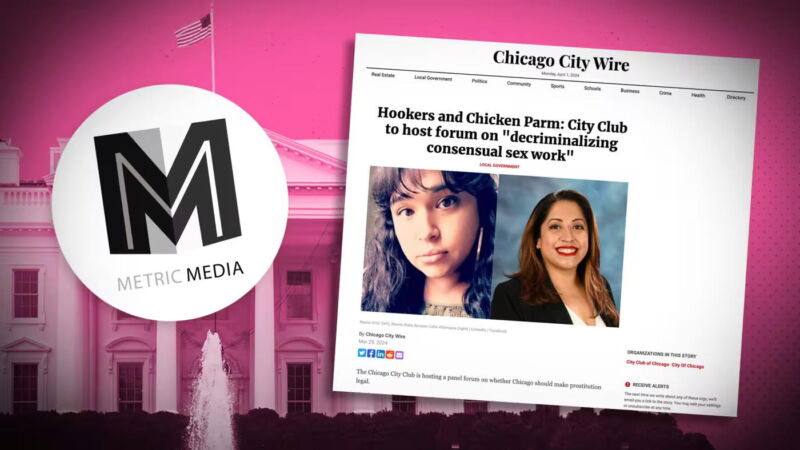
FT Montage
The number of partisan news outlets in the US masquerading as legitimate journalism now equals genuine local newspaper sites, researchers say, as so-called pink slime operators gear up ahead of November’s presidential election.
Pink slime sites mimic local news providers but are highly partisan and tend to bury their deep ties to dark money, lobbying groups, and special interests.
NewsGuard, which rates the quality and trustworthiness of news sites, has identified 1,197 pink slime sites operating in the US as of April 1—about as many as the estimated 1,200 real news sites operated by daily local newspapers.
Backed by a shadowy network of political operatives, action committees, and donors, such sites have filled a vacuum left as traditional local news has been decimated by brands moving their advertising dollars into digital spending at Silicon Valley groups such as Meta and Google.
The number of these sites has nearly tripled since 2019 but ebbed and flowed with American electoral cycles. Today’s volumes are similar to those identified by researchers in mid-2020, with some outlets disappearing and others emerging in the interim.
“They’re all about laundering political influence as journalism,” said Philip Napoli, public policy professor at Duke University and director of its DeWitt Wallace Center for Media & Democracy.
One such outlet is Chicago City Wire, which ran a recent report about an upcoming local event about decriminalizing sex work under the salacious headline “Hookers and chicken parm.”
The article, which has no named byline and does not mention chicken parm apart from in its headline, taps into ongoing American culture wars, labeling a local LGBTQ+ organization as a “pro-homosexual and cross-dresser ‘rights’ group.”
Over time, such outlets are becoming more sophisticated and investing more into advertising to legitimize their brands, experts say. NewsGuard found nearly $4 million in advertising spending on Meta’s Facebook and Instagram in the 2022 midterms cycle by four of the largest players.
The advance of pink slime also comes as social platforms have shrunk their moderation teams as part of wider lay-offs. Meta, in particular, has cut back on efforts to curate reliable journalism on Facebook. Critics say social media platforms should do more to tackle its rise.
Kathleen Carley, a computer science professor at Carnegie Mellon University, said her research suggests that following the 2022 midterms “a lot more money” is being poured into pink slime sites, including advertising on Meta.
“A lot of these sites have had makeovers and look more realistic,” she said. “I think we’ll be seeing a lot more of that moving forward.”
Meta said that it requires publishers with political connections to complete an authorization process in order to run political ads and to disclose that publicly on their marketing.
The phrase “pink slime” originates in fast food, where some US producers clandestinely add a low-cost food to hamburgers and other processed meats.
Since the previous US presidential election, the advance of artificial intelligence has opened a front in the information wars. Pink slime outlets can wield AI to spew out mundane content based on publicly available data, on top of articles designed to manipulate opinion, particularly in battleground states.

